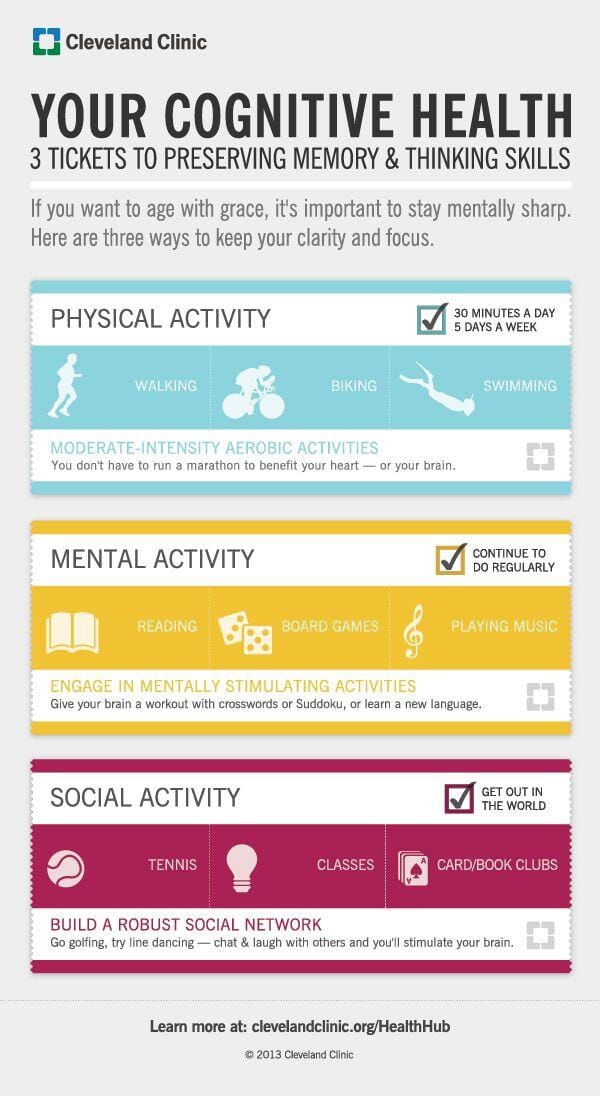The consumption of sugary beverages has long been a topic of concern among health professionals and researchers. A recent comprehensive study has brought to light the alarming statistics surrounding this issue, suggesting that sugary drinks may be responsible for more than 330,000 deaths each year globally. The findings of this study raise critical questions about dietary habits and public health policies related to sugar-laden beverages.
Sugary drinks, which include sodas, fruit drinks, and energy drinks, are characterized by their high sugar content and low nutritional value. Their widespread availability and marketing have contributed to their popularity, particularly among children and adolescents. However, the health implications of consuming these beverages have become increasingly evident as research continues to unveil the connections between sugary drink intake and various health conditions.
The study in question utilized a robust methodology, analyzing data from multiple countries and demographic groups. Researchers examined the relationship between sugary beverage consumption and the incidence of several chronic diseases, including obesity, type 2 diabetes, cardiovascular diseases, and certain types of cancer. The results indicated a strong correlation between high sugary drink consumption and increased mortality rates associated with these health issues.
One of the primary concerns with sugary drinks is their role in contributing to obesity. Excessive sugar intake is known to lead to weight gain, as these beverages provide a significant number of calories without inducing feelings of fullness. This can result in an energy imbalance, where individuals consume more calories than they expend, ultimately leading to obesity. Obesity, in turn, is a major risk factor for several chronic diseases, including heart disease and diabetes.
Furthermore, the study highlighted the impact of sugary drinks on metabolic health. The consumption of high-sugar beverages has been linked to insulin resistance, a condition that can lead to type 2 diabetes. As the prevalence of diabetes continues to rise globally, understanding the role of sugary drinks in this epidemic is crucial for developing effective prevention strategies.
The cardiovascular implications of sugary drink consumption were also a focal point of the study. Research has shown that high sugar intake is associated with increased levels of triglycerides, elevated blood pressure, and inflammation, all of which are risk factors for heart disease. The study’s findings suggest that reducing sugary beverage consumption could be a significant step toward improving cardiovascular health on a population level.
In addition to obesity and chronic diseases, the study also examined the potential link between sugary drinks and certain types of cancer. While more research is needed to establish a direct causal relationship, some studies have indicated that high sugar intake may contribute to the development of certain cancers, including breast and colorectal cancer. The mechanisms behind this association are still being explored, but the potential implications for public health are significant.
Given the substantial health risks associated with sugary drinks, public health experts are advocating for a multi-faceted approach to address this issue. This includes implementing policies aimed at reducing sugary drink consumption, such as taxation on sugary beverages, restrictions on advertising to children, and promoting healthier alternatives. Educational campaigns that raise awareness about the health risks of sugary drinks and encourage healthier dietary choices are also essential.
The findings of this study serve as a wake-up call for individuals, health professionals, and policymakers alike. As the global burden of chronic diseases continues to rise, addressing the consumption of sugary beverages may play a critical role in improving public health outcomes. By fostering a culture of healthier dietary choices and reducing the availability and consumption of sugary drinks, it may be possible to mitigate the associated health risks and ultimately save lives.
In conclusion, the study’s findings underscore the urgent need for action to address the consumption of sugary drinks. With over 330,000 deaths attributed to these beverages each year, it is imperative that both individuals and communities take steps to reduce their intake. By prioritizing public health initiatives and promoting healthier alternatives, society can work toward a future with improved health outcomes and reduced mortality rates associated with sugary beverage consumption.


